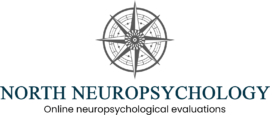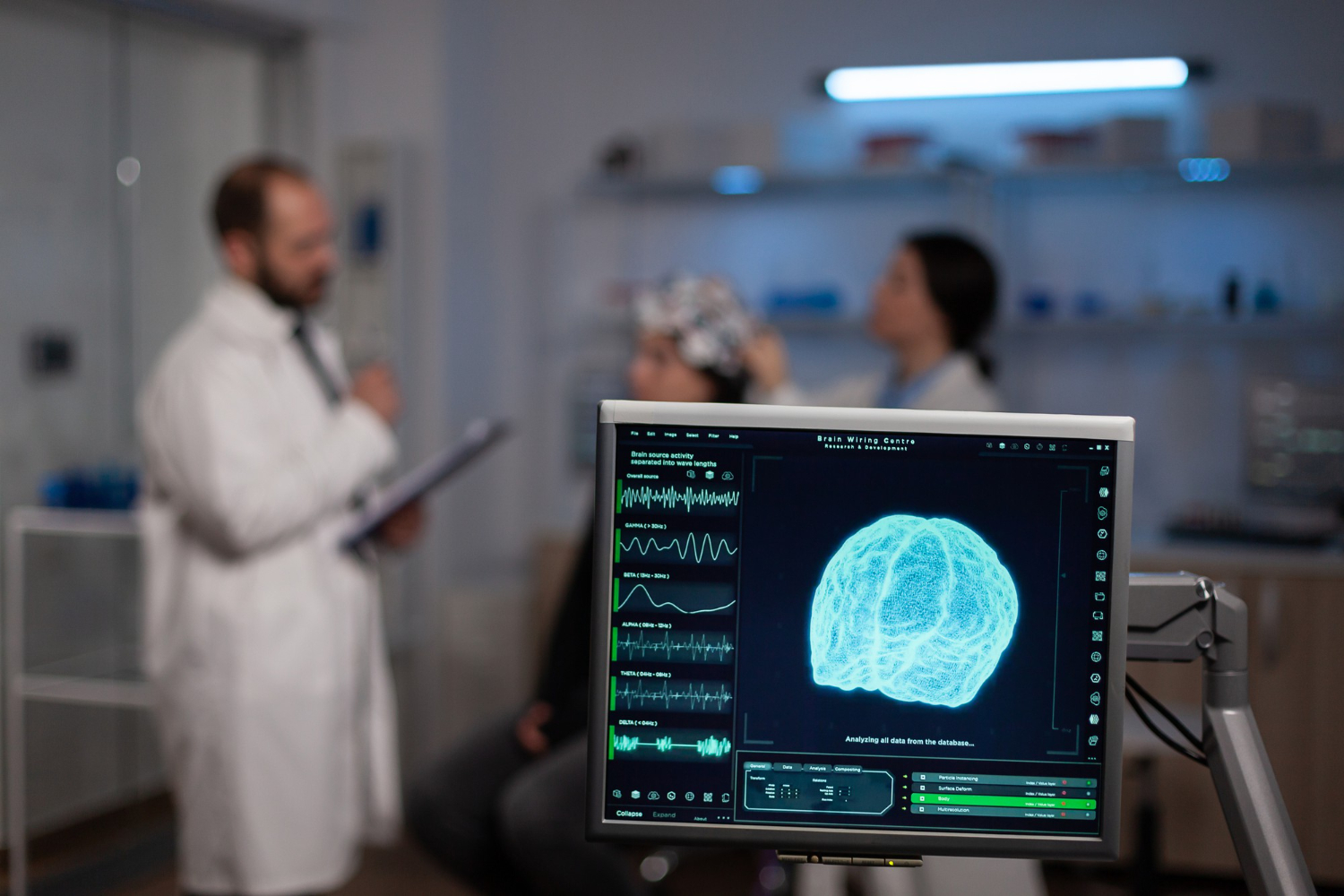Do you want to know about Alzheimer’s disease? Alzheimer’s disease is a neurological disorder. It can affect your memory, thinking, and behavior. Neurological disease is the most common form of dementia. It will impact millions of individuals globally. Here you can see the causes, common symptoms, stages of the disease, and available treatment options are important to managing this complex condition.
Causes of Neurological Disease
The precise cause of Alzheimer’s disease remains difficult, but researchers believe it results from a combination of genetic, environmental, and lifestyle factors. Key characteristics of the disease include the accumulation of amyloid plaques and tau tangles in the brain.
Amyloid plaques are clusters of protein fragments that disrupt communication between neurons while tau tangles are twisted fibers that form inside nerve cells. It leads to cell death.
Genetic predisposition plays an important role in developing Alzheimer’s. Certain genes, such as the APOE-e4 gene. It is strongly associated with an increased risk of the disease. However, having this gene does not guarantee that an individual will develop Alzheimer’s, it simply heightens the risk.
Age is another important factor in developing Alzheimer’s, which doubles every five years after age 65. The majority of Alzheimer’s patients are over this age. It makes age the most significant risk factor.
Lifestyle factors include cardiovascular health, diet, physical activity, and social engagement. It contributes to the risk of developing the disease. Poor cardiovascular health can lead to reduced blood flow to the brain, which may lead to cognitive decline.
Symptoms of Alzheimer’s Disease
Alzheimer’s disease manifests through a range of symptoms that can vary among individuals. Early symptoms include memory loss and the inability to recall recent events. This early-stage forgetfulness can be frustrating and concerning for the individual and their loved ones.
Confusion about time and place, difficulty with language, and personality changes are also common in the early stages. Individuals may become more anxious. It leads to important emotional distress.
Stages of Alzheimer’s Disease
Alzheimer’s disease is categorized into three main stages such as mild, moderate, and severe. Individuals may experience forgetfulness and confusion in the mild stage but can still live independently. They may be able to manage their daily activities but may need appointment reminders.
During the moderate stage, memory loss becomes more pronounced, and individuals may struggle to recognize family members and manage daily tasks.
They may experience difficulty with language. It leads to frustration during conversations. In this stage, individuals require assistance with personal care and may have trouble performing routine tasks such as dressing, cooking, etc.
In the severe stage, communication may diminish, and individuals may depend on caregivers for their basic needs. They may lose the ability to speak logically and become less aware of their surroundings.
Physical abilities may decline. It makes it challenging to perform basic motor functions. Caregivers play an important role in this stage.
Treatment Options for Alzheimer’s Disease
While there is no cure for Alzheimer’s disease, various treatment options aim to manage symptoms and improve the quality of life for those affected. Medications such as cholinesterase inhibitors and memantine can help enhance memory and cognitive function in some patients. These medications regulate neurotransmitters in the brain, which are important for communication between nerve cells.
Medication lifestyle modifications are encouraged to promote overall brain health. Regular physical activity, a balanced diet rich in fruits, vegetables, and omega-3 fatty acids, and social engagement can impact cognitive function.
Activities that stimulate the mind include puzzles, reading, and social interactions. Supportive care is important for Neurological disease. It includes caregiver education and respite services to manage daily challenges and reduce caregiver stress.
To Conclude
Alzheimer’s disease is a complex neurological condition that impacts the lives of individuals and their families. It is important to understand its causes, symptoms, stages, and treatment options for effective management. While there is currently no cure, early diagnosis and care can enhance the quality of life for those affected. Ongoing research continues to provide hope for future treatments for Alzheimer’s disease.





